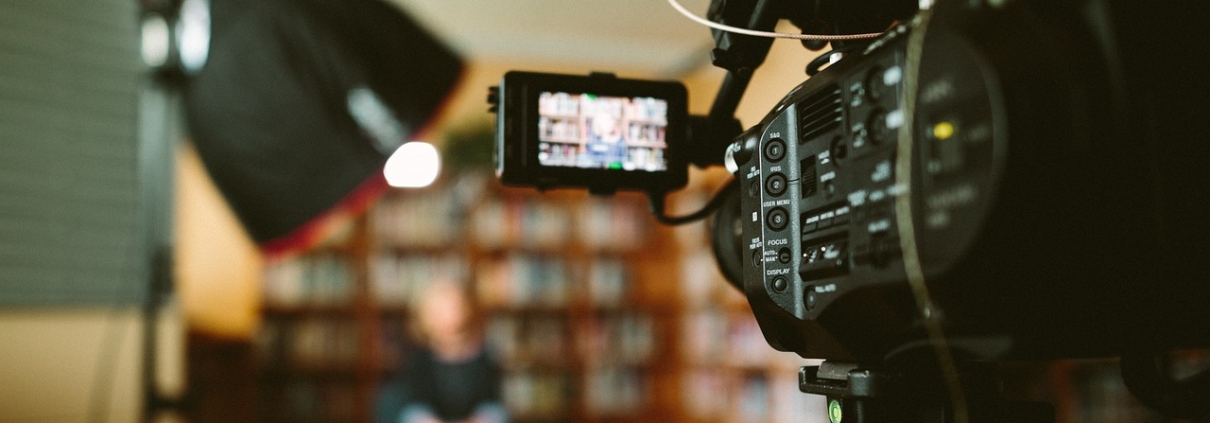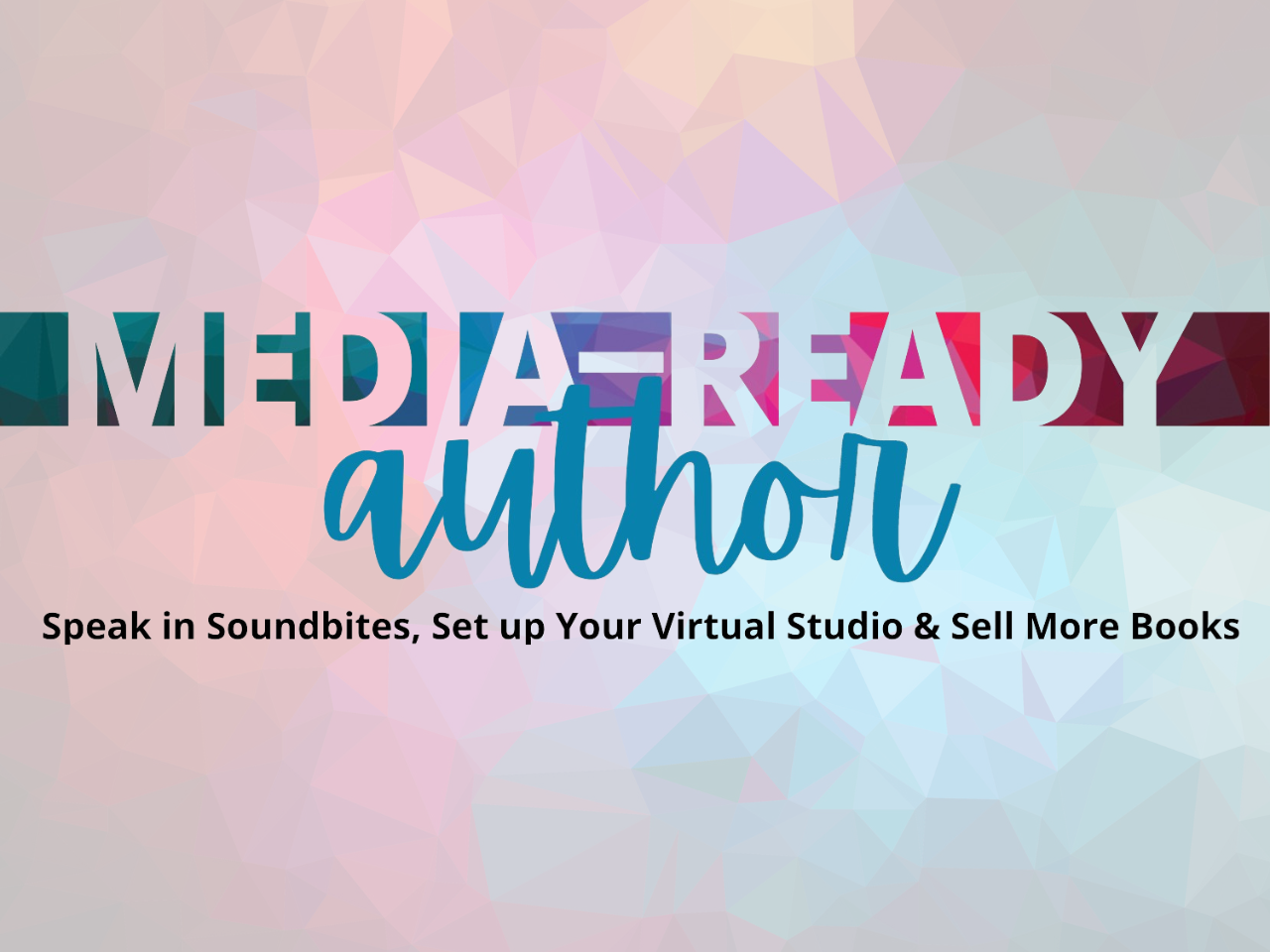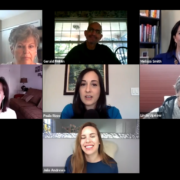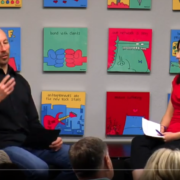How to Handle Unexpected Questions in a Media Interview
___
BONUS FREEBIE: Your message deserves the media’s attention. So how do you get out there in a bigger way? I’ve got you covered. CLICK HERE to grab my free “Checklist to Become a Go-To Media Expert.”
___
Doing media interviews is an exercise in accepting the unknown. You need to accept that as much as you prepare, you won’t be able to predict every single thing that happens.
The best way to prepare for media interviews is to decide beforehand how you’re going to handle unexpected questions. This is half a mental game (how will you respond with grace?) and half about preparing for the kinds of pushback you’re likely to encounter.
Because while your goal is to put yourself out there and share your message with your audience, that doesn’t mean everyone will respond to your content the same way.
In fact, the more media you do, the more it’s basically guaranteed that you’ll encounter skeptical interviewers who push back and ask tough questions. It’s important to be prepared for those moments so they don’t totally throw you off your game.
One thing that’s essential to know going into an interview is that it’s the job of the interviewer to get good answers out of you. And that might mean pushing you out of your comfort zone a little. They want their audience to trust you — and that means seeing that you can respond to a little friendly critique or “devil’s advocate” questioning.
I’ve been on both sides of this and I know how it feels as an author. If your ideas are novel (which they probably are if you’re getting media interviews!), people want to know why they should buy into what you’re saying and go against prevailing wisdom.
So how can you get ready for the unexpected and keep your cool? Here are some of my best tips:
1) Expect to defend your position.
If you go into an interview expecting some pushback, you won’t be caught totally off-guard. Here are some questions you can ask yourself and prepare answers for:
- What are the counterpoints to your message? How can you refute them?
- Why is what you’re saying true, necessary, and helpful?
It’s important to have thought through your talking points prior to your interview.
When I work with authors to help them train for the media, I help them speak in soundbites by developing short, medium, and long answers to likely questions they’ll be asked. I call it the Accordion Method and I use it myself. You can find more information about this in my training, Media-Ready Author.
___
___
2) Don’t rush to respond.
Take a breath. Especially on live TV. Jumping into an answer isn’t going to help. Don’t get defensive or take it personally. Smile (genuinely!) before jumping into your answer.
Remember that you don’t need to “win” the exchange. You’re not trying to convince anyone — you’re just sharing your perspective.
3) Stick to what you know.
I’ve experienced these moments firsthand — and what always helps me is sticking to my talking points.
For instance, I shared my tips PIX 11 News in New York City on how to have a four-day work week. One of the anchors didn’t really buy in. And you know what I did? Took a deep breath and stayed on topic by going back to my talking points. I was there to share my tips with the audience and that’s what I did.
People who work four days a week report that they’re more productive. It’s hard to argue with that! Don’t go on a tangent — that can lead you further down a hole that it’s hard to get out of.
4) Perfection is not the goal.
You’re just not going to get everything perfect every single time. That would be impossible! You’re just there to try your best. No one will remember your little flubs.
Give yourself grace if you do get caught off guard, take a deep breath, and vow to learn from your mistakes.
___
___
5) Reflect afterward.
Every time you’re asked an unexpected question, you get better at handling it. You get good information each time about what parts of your expertise you need to learn to defend.
I always rewatch or re-listen to my interviews to see how things went and take notes for next time. It’s so helpful! It can be a little uncomfortable at first, but the benefits are huge.
___
BONUS FREEBIE: I have a resource for you that will help you prepare to talk with media and audiences. It’s the 10 Questions Every Author Needs to Answer. You can grab the fiction and nonfiction lists here.
___











Leave a Reply
Want to join the discussion?Feel free to contribute!